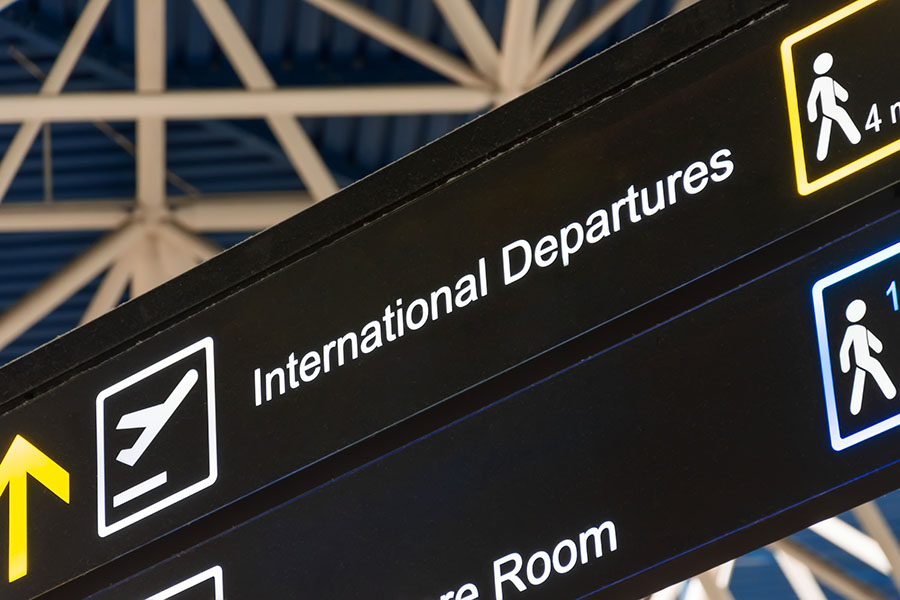Be aware of the regulations regarding how long you can legally remain in the United States.
If you stay in the United States longer than your visa allows, you will face lasting legal consequences. An overstay is defined as a nonimmigrant who was lawfully admitted to the United States for an authorized period, but remained in the United States beyond that authorized period of admission. The Department of Homeland Security (DHS) identifies two types of overstays:
- Individuals for whom no departure has been recorded (Suspected In-Country Overstays)
- Individuals whose departure was recorded after their authorized period of admission expired (Out-of-Country Overstays)
If you overstay (defined as remaining in the United States past the expiration date of your visa), you could be barred from reentering the United States for several years, depending on how long you stayed in the country without a valid visa. Overstaying more than 180 days but less than 1 year results in a 3-year ban. Overstaying for longer than 1 year results in a 10-year ban.

These are the most common situations where J-1 exchange visitors jeopardize their legal status (though these are not the only :
- Accepting money or compensation not named on the DS-2019 and not from sponsor sources.
- Failing to maintain their health insurance (according to the Exchange Visitor regulations).
- Not departing from the United States, transferring to another J program, or changing visa status within the 30-day grace period.
Once the United States Citizenship and Immigration Services (USCIS) identifies that an individual has violated the terms of their visa status, we presume that they will first issue a notice informing you that your visa is no longer valid and naming the date when the violation began. The most common occasion of receiving a notice is the J-1 exchange visitor applying by mail to USCIS for a change of visa status, and USCIS responding with a notice.
From the date listed on the notice, the J-1 exchange visitor will begin to accrue unlawful presence time. This is an important concept, since the longer you wait to resolve the issue, the more severe the penalty may be.

It is your responsibility to maintain your J-1 exchange visitor status. Gravity International Programs and our team are here to help J-1 exchange visitors understand the immigration regulations and provide resources to keep up to date with them all. We will monitor all of your activities while in the United States.
To report any issues to our office, sign in to your account and click the EMERGENCY button. Our program director will contact you within 24 hours. You must also report within 10 days any change in your residential address, phone number, and/or email address.
During your visit, be sure to read your emails from Gravity International Programs Inc. We will send announcements and important information through email, so it is essential to keep up to date. If you have any questions or concerns, please feel free to contact us at info@gravityintprog.com.






